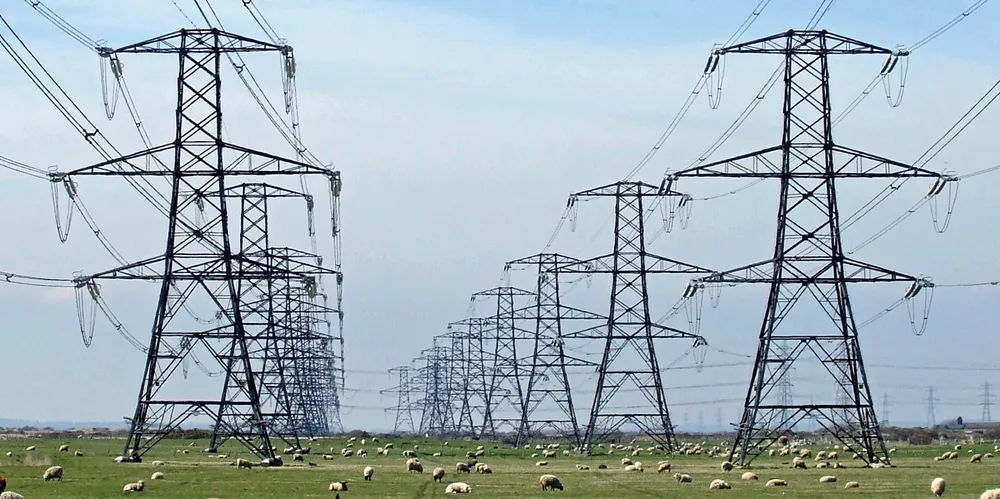British grid haunted by 'phantom' power projects holding back green goals
Developers are 'gambling that holding a space in the queue will make them rich,' says Centrica chief

Developers are 'gambling that holding a space in the queue will make them rich,' says Centrica chief
